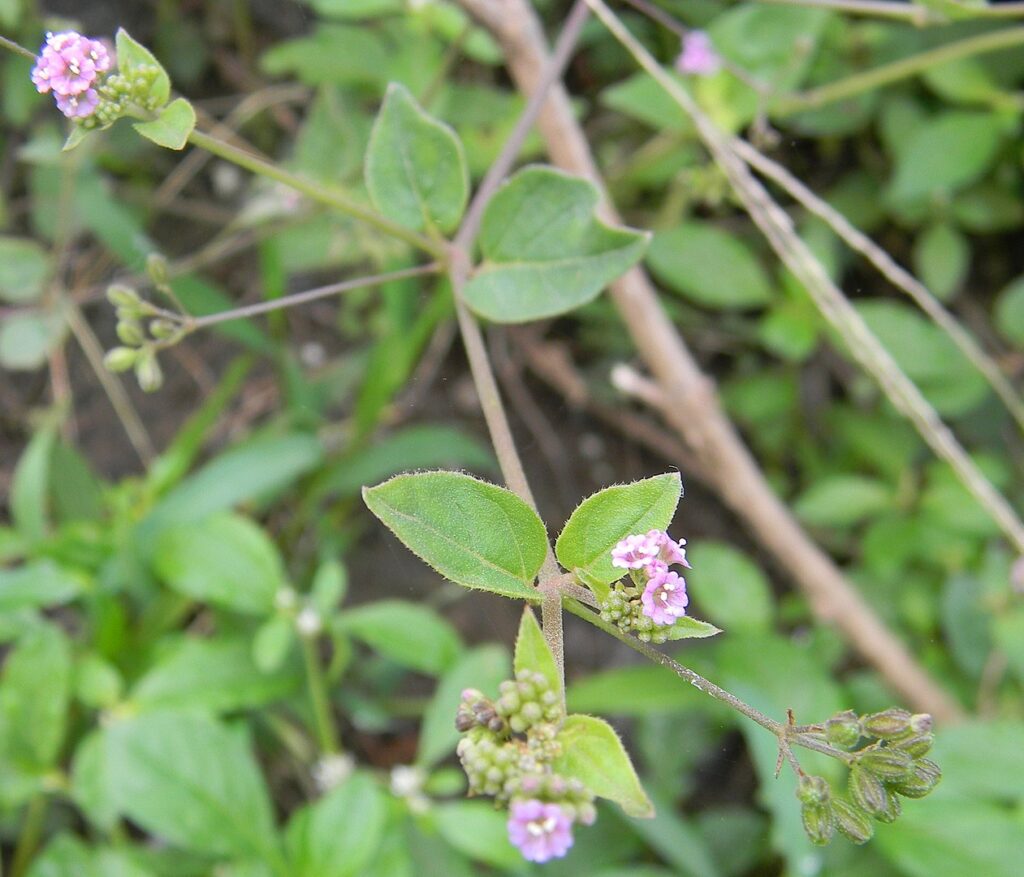Urinary tract infections (UTIs) are a common trouble for many women, causing great discomfort and inconvenience. Though less prone, even men get afflicted with UTIs. Fortunately, Ayurveda offers natural remedies to help cure and prevent UTIs.
Let’s explore how Ayurvedic remedies can provide relief and promote urinary health.
Understanding Types of UTIs
There are four main types of UTIs, each affecting different parts of the urinary system:
- Urethritis (Urethra Infection): This type affects the tube that carries urine from the bladder to outside the body. It can lead to burning sensation during urination and discharge.
- Cystitis (Bladder Infection): A bacterial infection that affects the bladder. Symptoms include frequent urge to urinate, pain while urinating, cloudy or bloody urine, and pelvic discomfort.
- Pyelonephritis (Kidney Infection): This infection can occur when bacteria move up from the bladder into the kidneys. Symptoms may include fever, chills, nausea, vomiting, and pain in the upper back or side.
- Vaginitis (Vaginal Infection): While not a traditional UTI, it can cause discomfort and is related to urinary health.
Symptoms of UTIs
Knowing the signs of UTIs is crucial for timely intervention.
- Burning sensation during urination
- Frequent urge to urinate with minimal urine output
- Cloudy, dark, or foul-smelling urine
- Fatigue or weakness
- Fever or chills
- Pain in the abdomen, sides, or pelvic region
Best Ayurvedic Medicines for UTIs (Including E. Coli & B. Coli Infections)
In nature, there are numerous herbs and medicinal plants that are used to treat UTIs. Among these herbs, one of the most effective is Guduchi or Giloy. It has been found to be very effective in treating even the most difficult E. Coli & B. Coli infections.
Guduchi (Giloy)
Guduchi, also known as Giloy, Amrita, Guruj, or Indian bitter, is a remarkable herb. It belongs to the Menispermaceae family and is recognized as a perennial climbing shrub. It is a parasitic plan and can be found climbing on trees in the woods. This versatile herb supports immunity and fights infections. Guduchi can ease UTI symptoms and help the body combat the infection. It’s usually taken in powdered form with warm water or honey.

If you can find fresh Giloy branch, crush a small chunk along with some water. Now, extract the juice and drink the Giloy extract. In absence of fresh Giloy, you can easily find it in juice and tablet form in medical stores.
Giloy is particularly effective in curing E. Coli & B. Coli infections. While modern medication can have trouble dealing with these common infections, you can cure yourself by consuming Giloy for a few days.
Asparagus (Satavari)
Asparagus, scientifically named Asparagus racemosus, goes by several names, such as satavar, satavari, shatavari, Satmul, and Satamuli. Belonging to the Asparagaceae family, this versatile herb holds promise in addressing urinary tract infections (UTIs).
The root powder of asparagus has caught the attention of medical professionals as a potential remedy for UTIs. Some doctors may recommend using this root powder at night to alleviate UTI symptoms. It’s important to note, however, that further research is needed to validate these claims and establish its effectiveness definitively.
Punarnava (Boerhaavia Diffusa)
Punarnava (Boerhaavia diffusa) is also referred to as horse puselene and Hog weed. This herb shows potential in addressing recurring urinary tract infections (UTIs).
Your Ayurvedic practitioner might suggest a decoction made from the leaves of Punarnava, along with Tribulus (Gokshura) and coriander, as a remedy for UTIs.

Punarnava holds a well-respected position among Ayurvedic treatments for UTIs, particularly in males. Its composition includes Boerhavia diffusa, enhancing its diuretic properties and accelerating the healing process of urinary infections. Notably, Punarnava has the capacity to rejuvenate the body and contribute to the management of urethral tract infections. With its antimicrobial attributes, it aids in reducing urinary tract irritation and promoting better renal function.
Gokshura
Gokshura, also referred to as Tribulus Terrestris, is a highly regarded herb in Ayurveda for addressing urinary tract infections (UTIs). This herb plays a significant role in alleviating discomfort and the burning sensations associated with UTIs.
Functioning as a diuretic, Gokshura aids in maintaining a healthy urine flow, facilitating the elimination of harmful bacteria from the body. Furthermore, it helps regulate uric acid levels and assists the kidneys in optimal operation.
Daruhaldi
Berberis aristata, commonly known as daruhaldi or daruharidra, holds a history of use in Ayurvedic treatment for urinary infections. It is also known as Indian barberry or Mara manjal.

Daruharidra is native to Himalayas in India. It is also widely distributed in wet zone of Sri Lanka. Possessing potent anti-inflammatory properties, daruhaldi effectively alleviates the discomfort arising from UTIs. Beyond this, it showcases its efficacy as an efficient Ayurvedic remedy for urinary tract infections in males, attributed to its antibacterial and antioxidant characteristics.
Kasni
Kasni roots are also effective in addressing urinary tract concerns. The anti-inflammatory qualities of this Ayurvedic syrup for urinary problems are particularly beneficial for kidney health. By aiding in the removal of harmful toxins from the body and maintaining a regular urine flow, kasni offers substantial support in promoting urinary well-being.
Varun
For centuries, the Ayurvedic herb Varun, scientifically known as Crataeva nurvala, has been relied upon as a remedy for urinary infections. Highly effective against chronic bladder infections, Varun often complements additional medications for the urinary tract as recommended by Ayurvedic practitioners. Its mechanisms involve the expulsion of harmful bacteria from the body, while also delivering anti-inflammatory and antioxidant properties that contribute to treating urinary tract infections.
Bangshil
Bangshil, a plant with antibacterial and antiseptic properties, is highly effective in treating women urinary tract infections or related issues. This encompassing range of issues includes pyelonephritis, urethritis, vaginitis, and prostatomegaly. By addressing genito-urinary tract infections, Bangshil emerges as a safeguard against potential health complications arising from UTIs.
Agropyron Repens, Berberis Vulgaris, Boerhaavia Diffusa, Eupatorium Purpureum: These herbs offer kidney care and can be used as part of Ayurvedic remedies for urinary infections.
Ayurvedic Formulations for Women UTIs
Several other Ayurvedic remedies that can play a role in treating urinary infections. These include Chandraprabhavati, Varunadikwath, and Yashtimadhu. Additionally, Ayurvedic medicines such as shatavari, pushanbhed, darbh, and kush kash are known for their effectiveness in alleviating the symptoms of urinary tract infections.
UTIs can be managed and prevented through a combination of Ayurvedic herbs, healthy lifestyle practices, and maintaining proper hygiene.
It’s important to note that Ayurvedic remedies are gentle and natural, but it’s always advisable to consult an Ayurvedic practitioner before starting any new treatment regimen.
